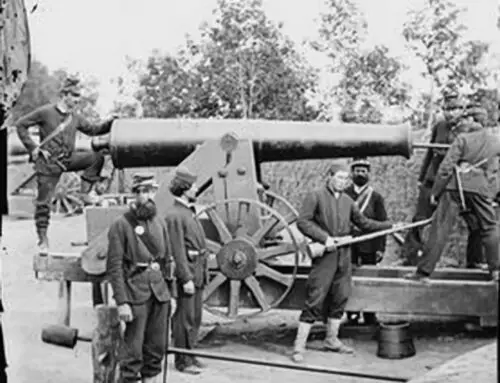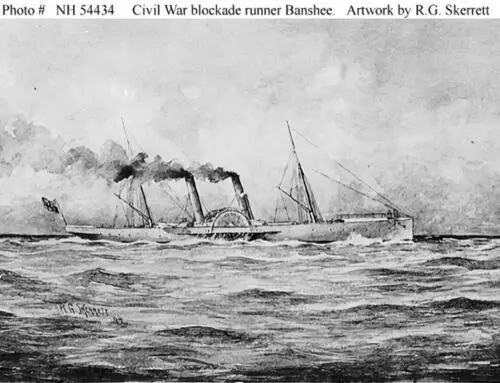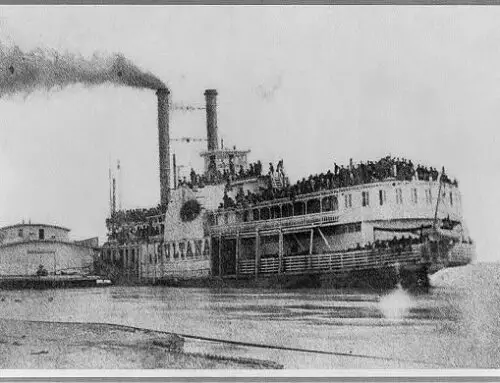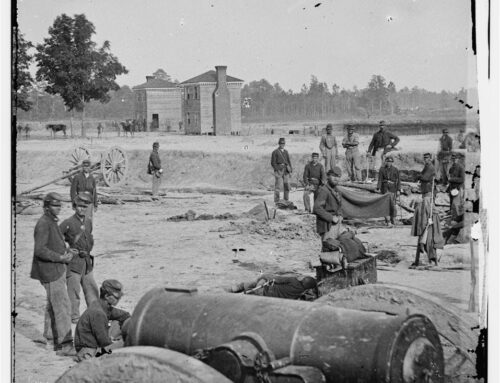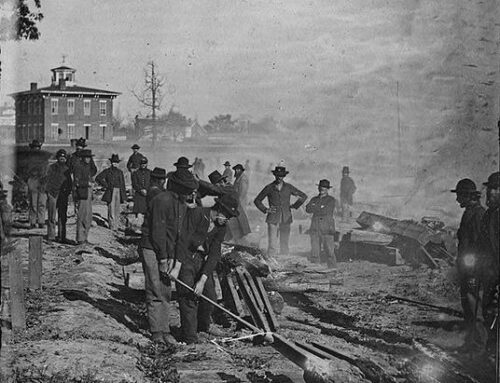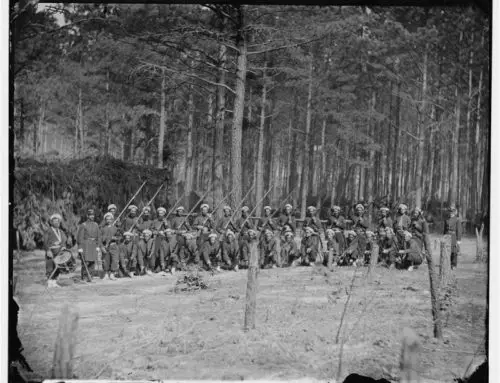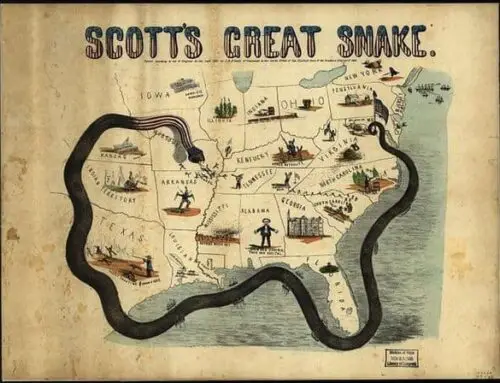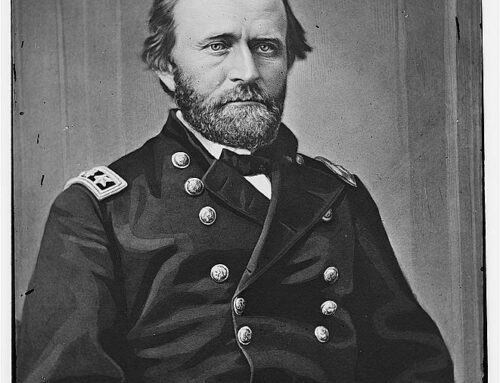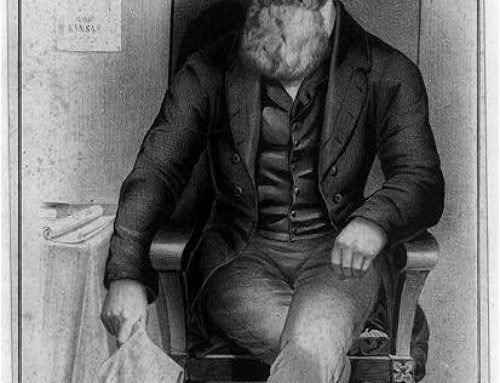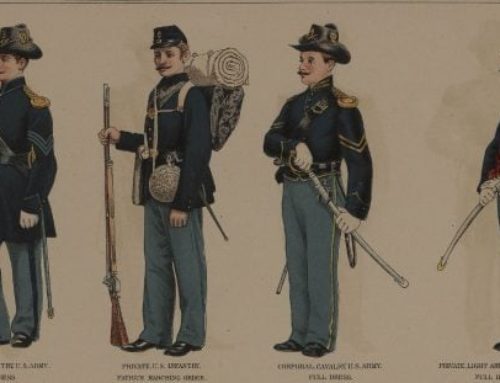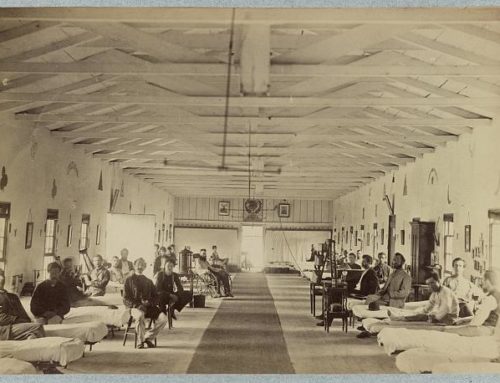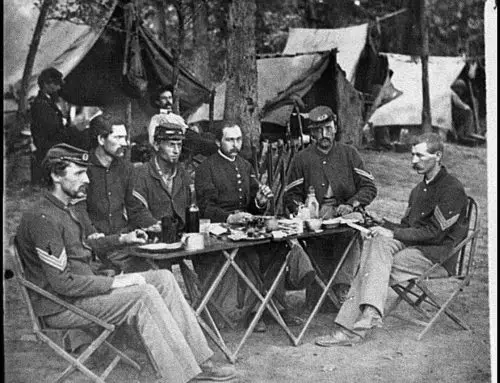(1814-1869)
Edwin Stanton, the man behind the immortal words, “Now he belongs to the ages.” Stanton spoke these lines after the assassination of President Lincoln and revenge was definitely on the mind of the intrepid Stanton. Earlier, in 1864, Stanton believed he was the best man for the recently opened job of Supreme Court Justice after the death of Roger Taney.
Lincoln did not agree with the notion of who Stanton thought should fill the void left by Taney and instead chose Salmon P. Chase as Chief Justice of the Supreme Court.
Born in Steubenville, Ohio in 1814, Stanton was raised in a family of devout Methodist parents. Their strict upbringing shaped Stanton’s life and later guided his actions in his chosen career, law. A chronic asthma sufferer, Stanton would graduate from Kenyon College and then have to wait to take the bar exam because of his early age, he was just 20 upon signing up for the bar.
At 21, Stanton took the bar and later that year opened up his own law practice. Very successful and well received, Stanton relocated his practice to the epicenter of political activity in the nation, Washington, D.C. Before taking any oath of office, Stanton would try one more case, this one in Ohio, and it would be the most spectacular of his legal career.
It was in this capital city that Edwin Stanton would launch his career from legal victor to political dynamo. It seemed that Stanton was the “Golden Boy” as everything he attempted turned into raging success. The case was built around the defense of a Congressional leader, Daniel Sickle. Sickles was charged with murdering his wife’s lover in a fit of husbandry rage.
It was the job of Stanton to have his defendant acquitted and on par Stanton did just that. Sickles was acquitted and the reason for the victory against the charge of murder was temporary insanity. Now these modern times of the 21st century are used to that as a viable defense tactic but in the 19th century, it was a foreign entity.
Cleared of the charges and heading home, Sickles was indeed a lucky man and the first recorded defendant that used the excuse of insanity to get off. Stanton was applauded for his superior defense work.
Later in his career Stanton was at the head of the failed impeachment attempt by Congress towards President Johnson. One of the ironic aspects of the impeachment hearings was Stanton’s job post. He was still serving on the embattled president’s cabinet as Secretary of War. Fired as soon as the first words were uttered concerning impeachment, Stanton had the audacity to lock himself into his own office and did not leave until the Senate voted him out of office.
Following the acquittal of President Johnson, Stanton returned to his first love, the courtroom and reopened his private practice. The call of the political wild must have sent Stanton over the edge as he lobbied to be considered as a Supreme Court Justice and may have had the shortest time in office as a judge. Stanton died four days after he was sworn in.






